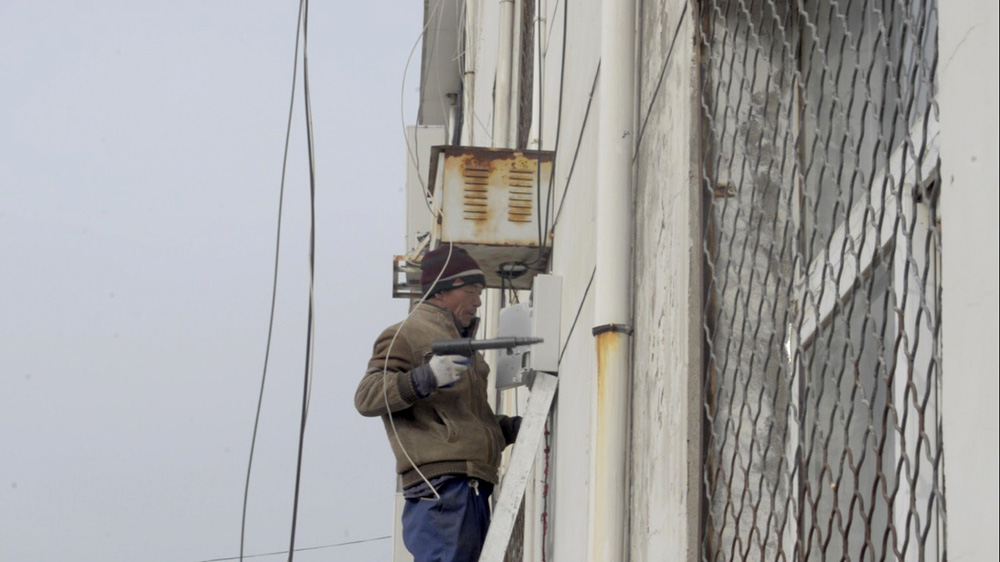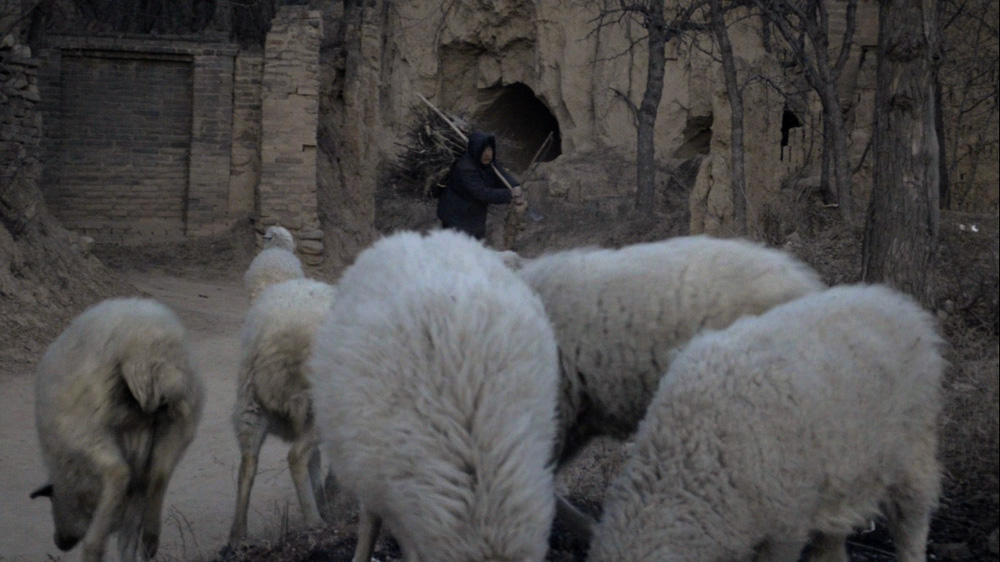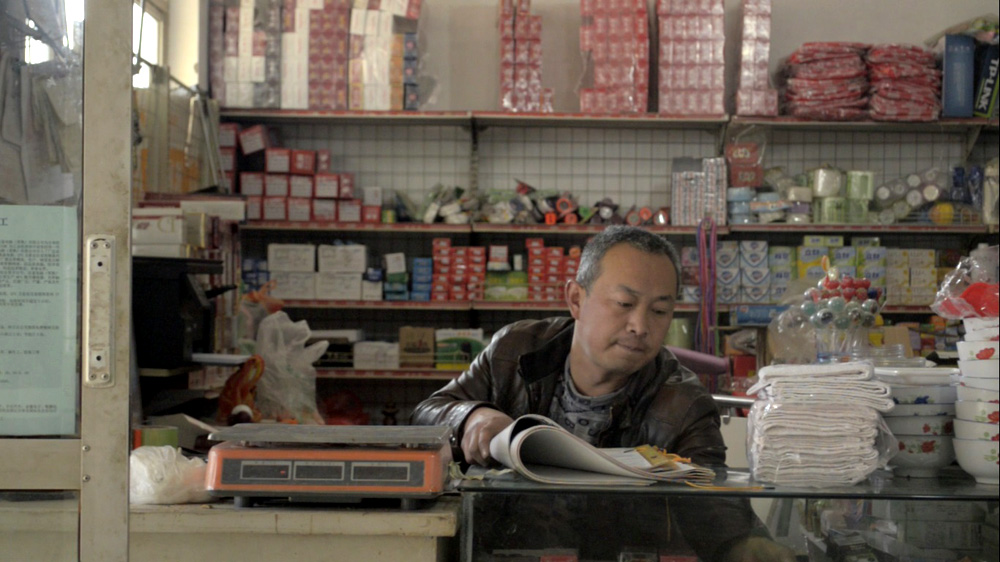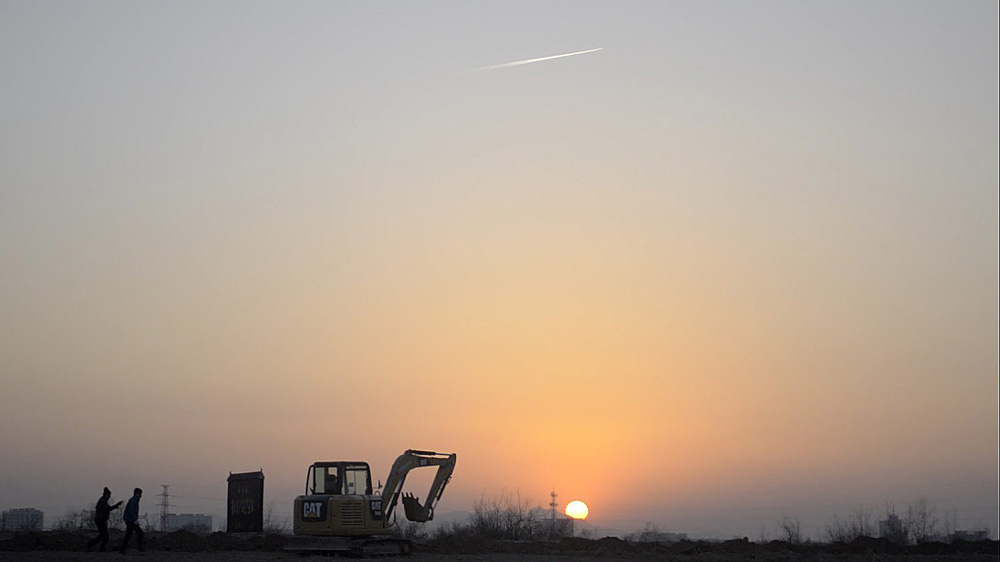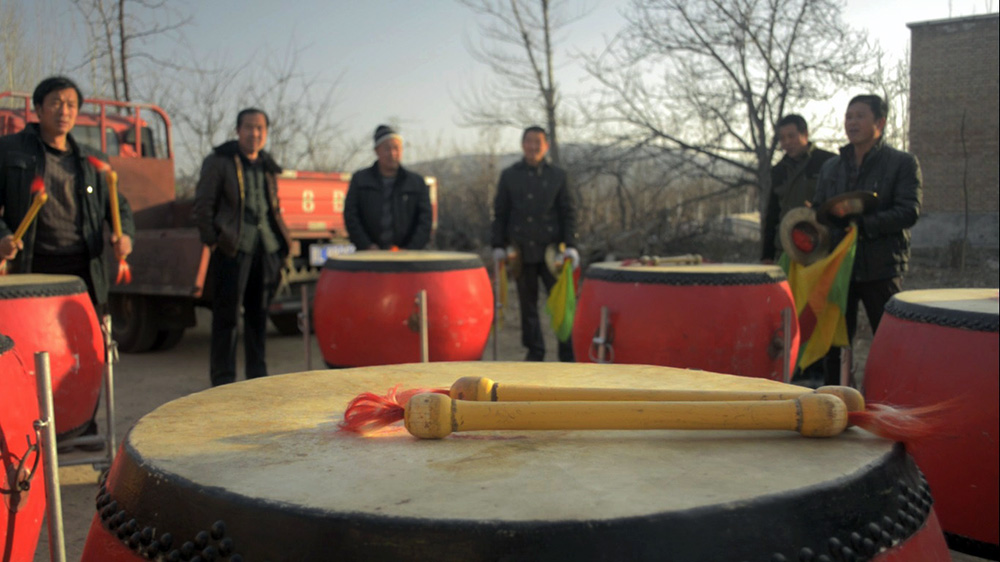RESEARCH
In lieu of a research statement (you can find my vibes on the about page) or CV, here’s a list of some projects that I have worked, or am working, on. I’ve got some newer things in the works (such as with Thomas Dekeyser and David Bissell on negativity, with KSCA, and in China), which I’ll put up as they take on more solid forms. I’ve made the somewhat artificial distinction of a separate documentary page, but that’s of course intertwined here too.
In lieu of a research statement (you can find my vibes on the about page) or CV, here’s a list of some projects that I have worked, or am working, on. I’ve got some newer things in the works (such as with Thomas Dekeyser and David Bissell on negativity, with KSCA, and in China), which I’ll put up as they take on more solid forms. I’ve made the somewhat artificial distinction of a separate documentary page, but that’s of course intertwined here too.
06/2023
Turbulence, habit and desire: Life after two coal mine closures
My PhD thesis investigates the experiences of workers and their families as they navigate disruptions to everyday life caused by job loss and workplace change. Situated in the boom and bust world of extractive industry, it draws on qualitative fieldwork at two recently closed underground coal mines in eastern Australia and central China to explore the twists and turns of life after workplace closure in restructuring contemporary economies.
Picking up the threads of people’s lives several years after the workplace closures, I use postphenomenological theories of loss and bodily change to trace the shifts in concerns, anxieties, and orientations experienced by workers and their families. I explore how circumstances of life come to press upon bodies in the wake of loss, and how these intensities can come to reshape how people experience the world, through chapters on the forces of turbulence, habit and desire.
By focussing on how people come to live on after events of loss, this thesis moves beyond the melancholic tendencies of existing literature to foreground incipient processes of corporeal transformation. It asks how people might weather the crisis of loss such that they regain a sense of life as an ‘ordinary’ timespace, reorienting from the past to the future. Its thrust is thus consolatory: it aims to recognise the gaps and tears that accompany ends, whilst refusing to forgo the vital and affirmative possibilities of life after loss.
Related outputs (ongoing):
My PhD thesis investigates the experiences of workers and their families as they navigate disruptions to everyday life caused by job loss and workplace change. Situated in the boom and bust world of extractive industry, it draws on qualitative fieldwork at two recently closed underground coal mines in eastern Australia and central China to explore the twists and turns of life after workplace closure in restructuring contemporary economies.
Picking up the threads of people’s lives several years after the workplace closures, I use postphenomenological theories of loss and bodily change to trace the shifts in concerns, anxieties, and orientations experienced by workers and their families. I explore how circumstances of life come to press upon bodies in the wake of loss, and how these intensities can come to reshape how people experience the world, through chapters on the forces of turbulence, habit and desire.
By focussing on how people come to live on after events of loss, this thesis moves beyond the melancholic tendencies of existing literature to foreground incipient processes of corporeal transformation. It asks how people might weather the crisis of loss such that they regain a sense of life as an ‘ordinary’ timespace, reorienting from the past to the future. Its thrust is thus consolatory: it aims to recognise the gaps and tears that accompany ends, whilst refusing to forgo the vital and affirmative possibilities of life after loss.
Related outputs (ongoing):
- Zhang, V. (2024). Embodying industrial transitions: Melancholy loss, interrupted habit and transitional memory after the end of a coal mine. Transactions of the Institute of British Geographers. doi.org/10.1111/tran.12672 [open access]
- Dekeyser, T., Zhang, V., & Bissell, D. (2023). What should we do with bad feelings? Negative affects, impotential responses. Progress in Human Geography. doi.org/10.1177/03091325231213513 [open access]
- Dekeyser T, Secor A, Rose M, Bissell D, Zhang V & Romanillos J L (2022), ‘Negativity: space, politics and affects‘, cultural geographies, 29(1), 5-21. doi.org/10.1177/147447402110580 [download]
-
Zhang, V (2021), Turbulence, habit and desire: life after two coal mine closures, Unpublished PhD Thesis, The University of Melbourne. hdl.handle.net/11343/268333 [download via link]
-
Zhang V (2021), ‘Ethics for the unaffirmable: the hesitant love of a cultural translator’, in Bissell D, Rose M, and P. Harrison (Eds.), Negative Geographies: exploring the politics of limits, University of Nebraska Press. nebraskapress.unl.edu/nebraska/9781496226785 [download]
-
Zhang V (2020), ‘NOISY FIELD EXPOSURES, or what comes before attunement’, cultural geographies, 27(4), 647–663. doi.org/10.1177/1474474020909494 [download]
- Zhang V, Kelly D, Rodriguez Castro L, Iaquinto B L, Hughes A, Edensor T, McKay C, Lobo M, Kennedy M, Wolifson P, Ratnam C, Buckle C, Dorignon L, Adamczyk E, Barry K, & Bissell D (2019), ‘Experiential attunements in an illuminated city at night: a pedagogical writing experiment’, GeoHumanities, 5(2), 468-495. doi.org/10.1080/2373566X.2019.1624187 [download]
2017—2021
![]()
![]()
![]()
![]()
![]()
![]()
![]()
![]()
![]()


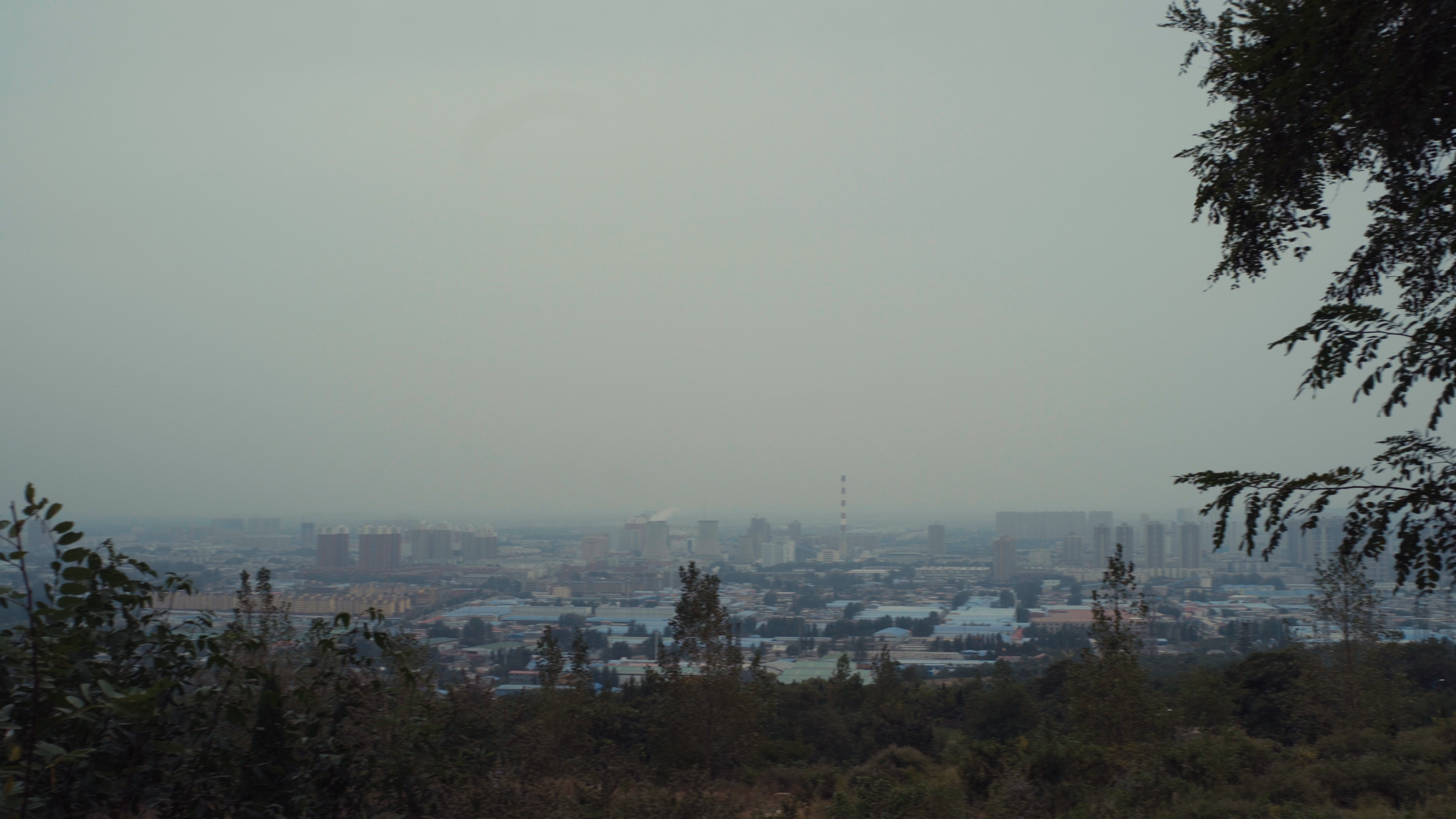
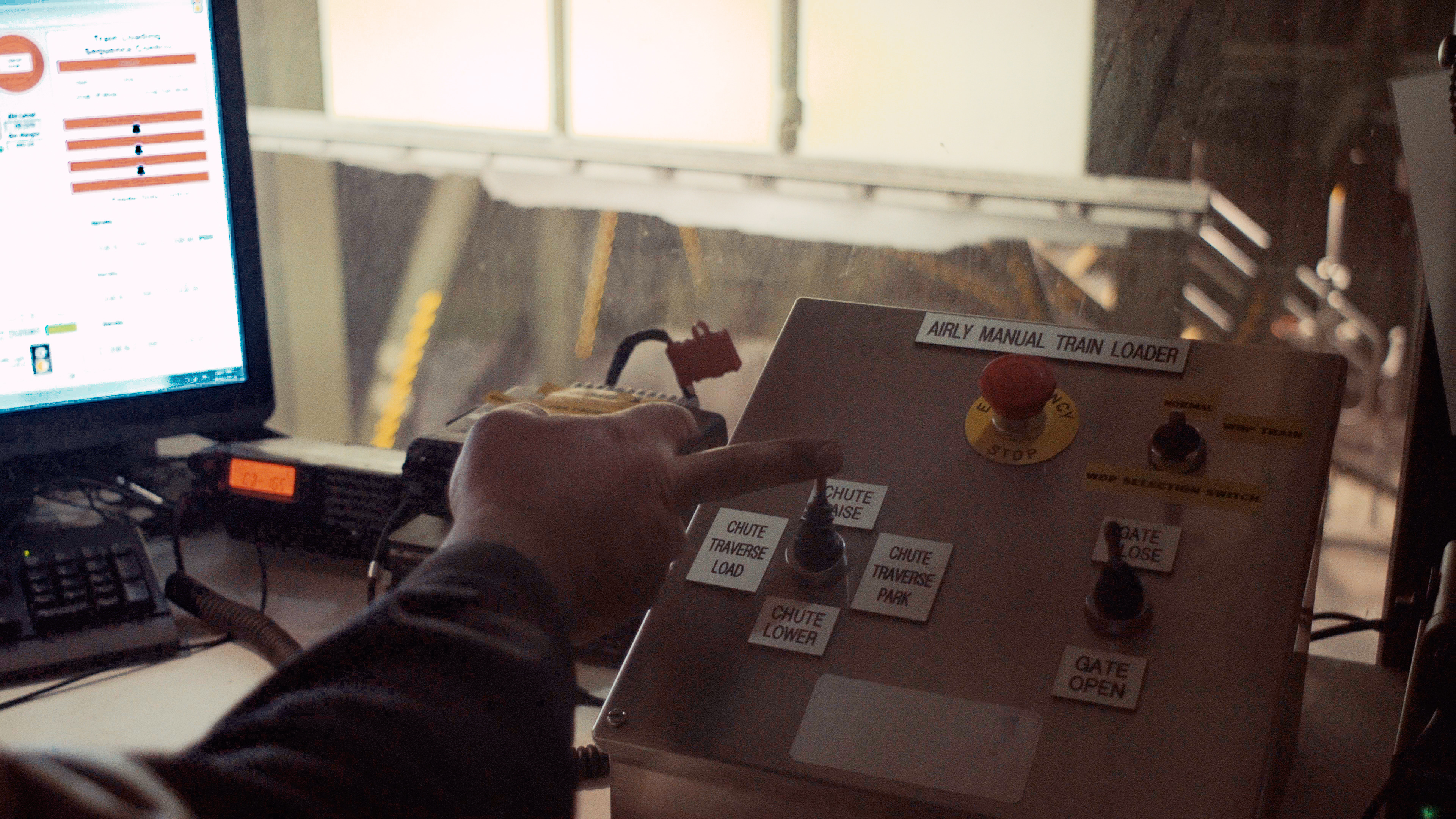
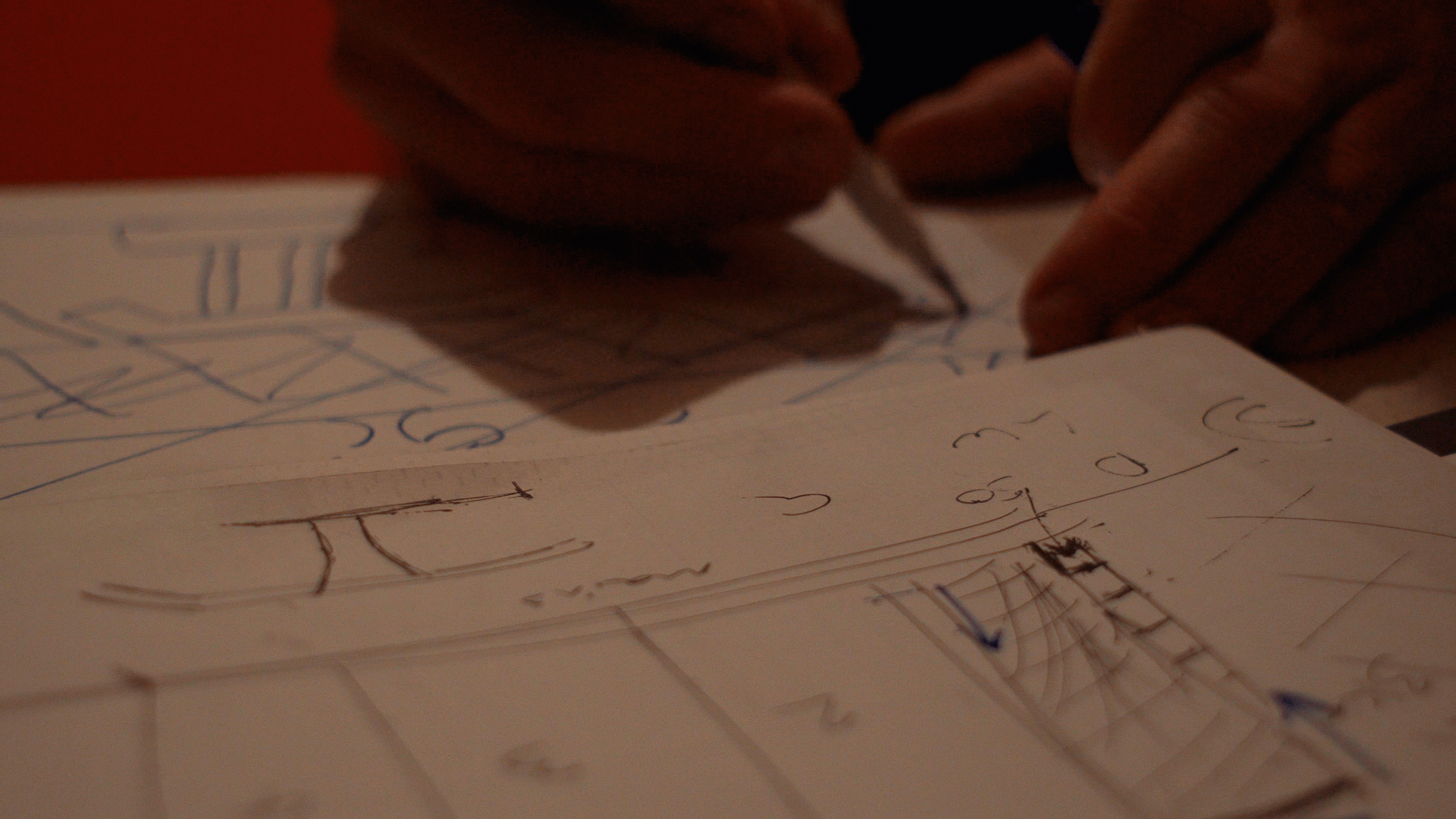

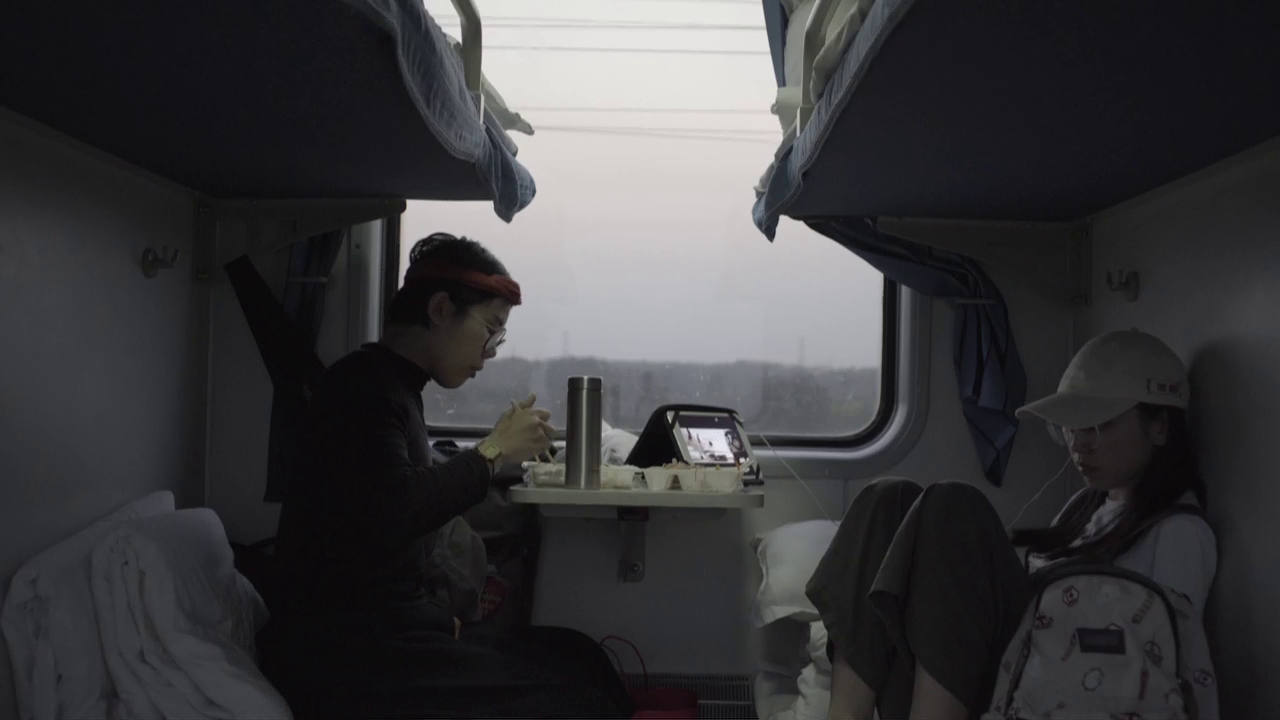

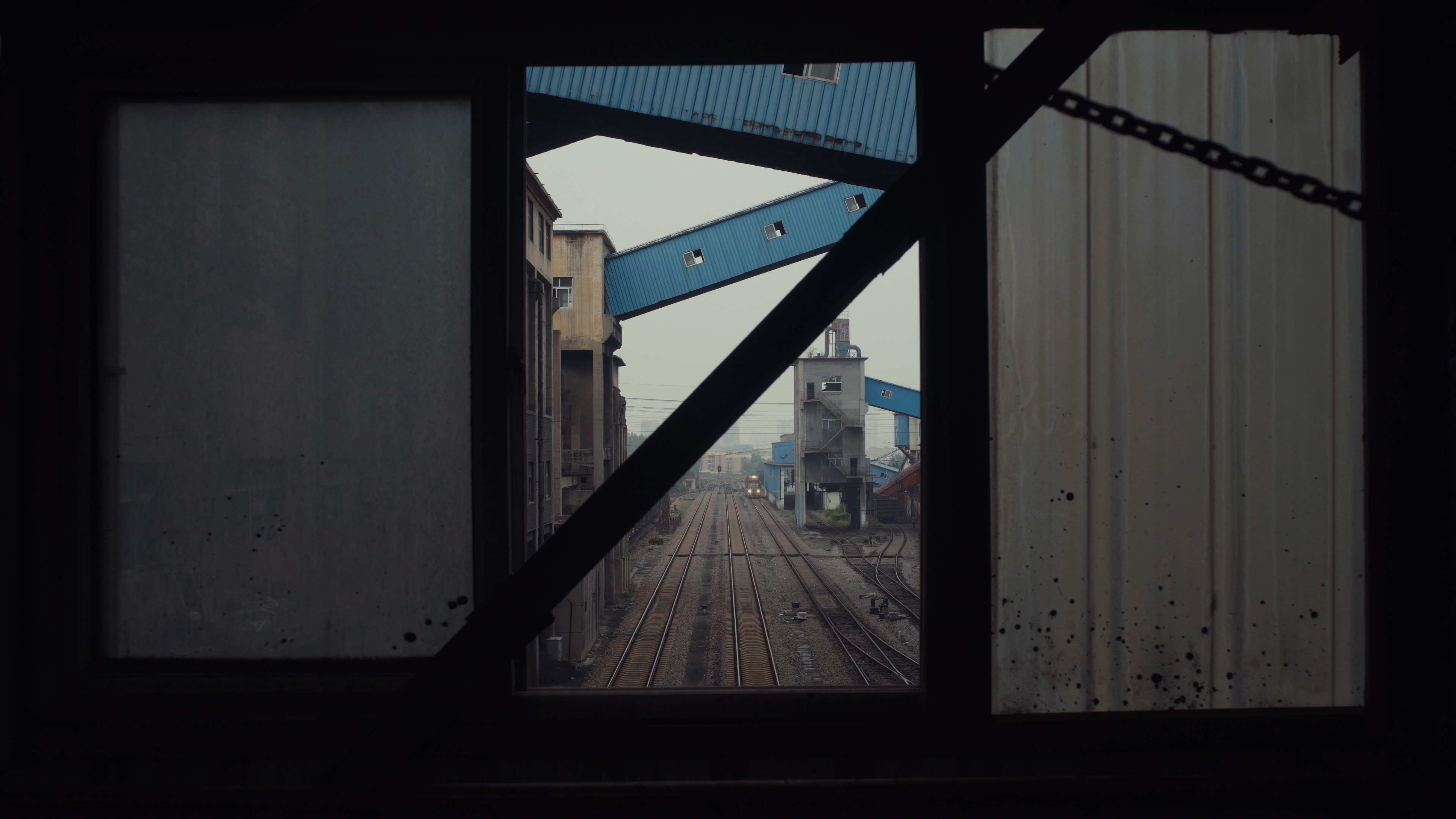
The space-times of return migration: migrant worker men and staying in the home village in China
Despite the ubiquity of rural-urban migration in contemporary China, the mobile dynamics of the enormous population of migrant workers remain little understood. Although acknowledging the incredible diversity of this movement, existing research is often narrowly quantitative, aiming to take stock of broader trends but with a limited focus on how migrants are experiencing and navigating their complex mobilities.
As a different entry point on to these mobile lifeworlds, this research project examines the return migrations of working men in a single village in Shanxi province, a place I call Drum Village. I draw on mobilities thinking to sketch some of the gendered processes shaping men’s returns to – and stays in – Drum Village, focussing on social reproduction and the role of household and home in contemporary movements. Zooming in on the manifold and contradicting affective modes in which people inhabit such transitions, I explore how these often volatile, usually contradictory and always unfinished migratory junctures are experienced, navigated and rationalised by men and their families.
Related outputs:
Despite the ubiquity of rural-urban migration in contemporary China, the mobile dynamics of the enormous population of migrant workers remain little understood. Although acknowledging the incredible diversity of this movement, existing research is often narrowly quantitative, aiming to take stock of broader trends but with a limited focus on how migrants are experiencing and navigating their complex mobilities.
As a different entry point on to these mobile lifeworlds, this research project examines the return migrations of working men in a single village in Shanxi province, a place I call Drum Village. I draw on mobilities thinking to sketch some of the gendered processes shaping men’s returns to – and stays in – Drum Village, focussing on social reproduction and the role of household and home in contemporary movements. Zooming in on the manifold and contradicting affective modes in which people inhabit such transitions, I explore how these often volatile, usually contradictory and always unfinished migratory junctures are experienced, navigated and rationalised by men and their families.
Related outputs:
-
Zhang, V (2018), ‘Im/mobilising the migration decision’, Environment and Planning D: Society and Space, 36(2), 199-216. doi.org/10.1177/0263775817743972 [download]
-
Zhang, V (2018), ‘Waiting in Drum Village, China’, Photo essay at Society and Space Online. societyandspace.org/2018/02/13/waiting-in-drum-village-china
- ‘Drum Village Primary School’ (2018). Short documentary film (14 mins). Premiered at the 8th Antenna Documentary Film Festival, Sydney, October 14th, 2018. [watch at IAG Film Shorts | more on documentary]
2015
![]()
![]()
![]()
![]()
![]()
